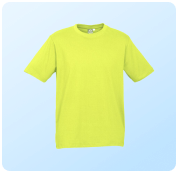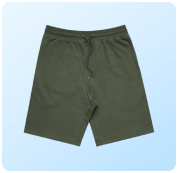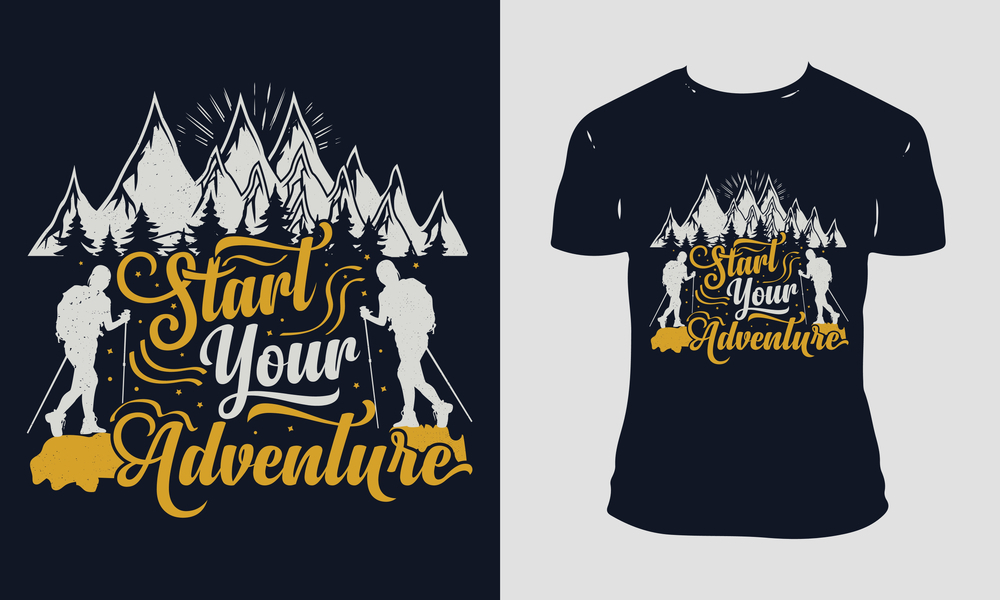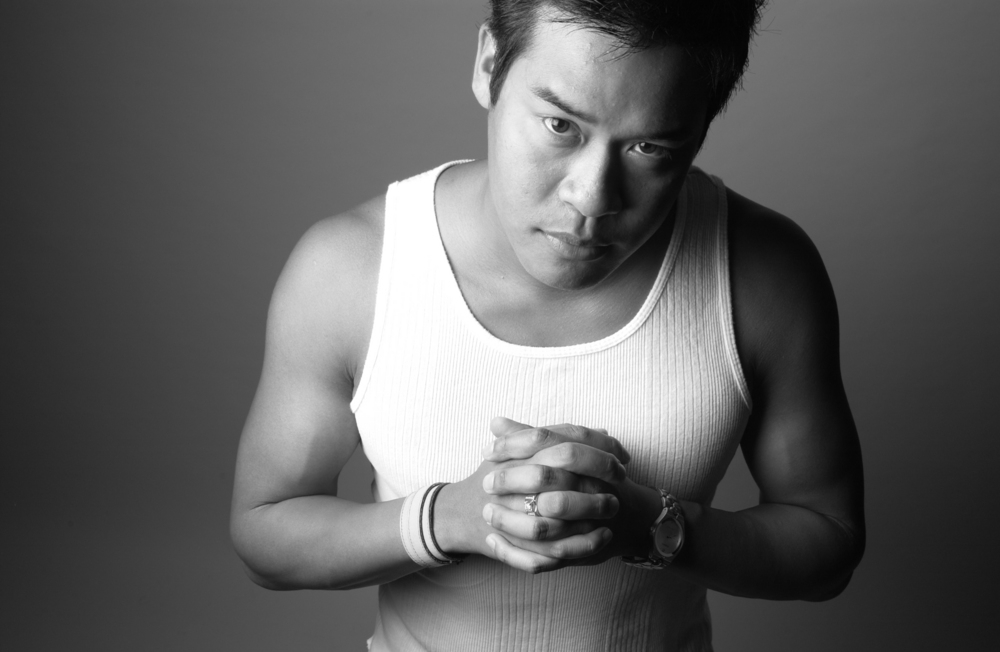
|
Getting your Trinity Audio player ready...
|
Wondering why a tank top is called wife beater, what is the history behind this mysterious title, how a plain cloth term has this much influence worldwide and how custom printing adds a unique touch to this timeless garment??????
Well, keep reading and get to know all about tank tops as a fashion staple.
What Is a Tank Top?
A tank top, also known as a sleeveless shirt or singlet, is a type of garment that has shoulder straps and leaves the arms exposed. It has a round neckline and can come in various styles, including fitted or loose, and different lengths, such as cropped or longline.
It typically has the following characteristics:
Sleeveless – Wife beater shirts have no sleeves, making them ideal for layering underneath other clothing or wearing on their own during hot weather.
Ribbed or Waffle Texture – Many wife beater shirts have a ribbed or waffle-like texture, which adds some elasticity and texture to the fabric.
Usually White – While not always the case, wife beater shirts are often white, but they can also come in various other colours & personalised options.
Cotton Material – They are commonly made of cotton or cotton-blend materials, which provide comfort and breathability.
Suggested read: Smart casual wear fashion
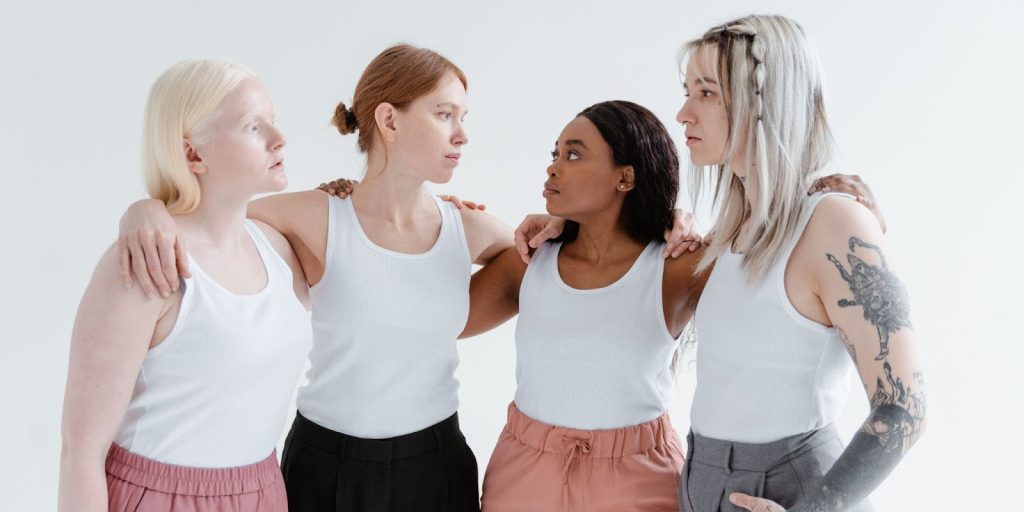

So, we know exactly how a tank top looks like in detail.
Let’s get to the main question now, why is a tank top called a wife beater? What is the wife-beater stereotype?
When Did People Start Calling Tank Tops Wife Beaters?

A “wife beater” is a slang term often used to refer to a type of men’s sleeveless undershirt or tank top. It is usually associated with frequent appearances on television and in movies, where certain characters, often portraying aggressive or abusive behaviour, are depicted wearing them.
It’s important to note that the term “wife beater” is considered offensive and derogatory. Using it to describe a clothing item can perpetuate harmful stereotypes and trivialise the serious issue of domestic violence. It’s recommended to use more neutral terms like “undershirt” or “tank top” when referring to this type of clothing to avoid using offensive language.
Let’s get to the historical sequence trail that associates a garment with a human-violating act.
In the 1800s and 1900s, the term “wife beater” took root in a way that connects it to a dark and disturbing history of domestic violence. The literal sense of the term, referring to a “husband who beats his wife,” was first documented in 1855, according to the Online Etymology Dictionary.
However, it wasn’t until 1880 that The New York Times made its first recorded mention of this sense. During this period, there was no direct association between violence against women and a particular type of clothing, such as a t-shirt.
It was in 1947 when a gruesome crime story went viral, indirectly linking a violent husband to the sleeveless white undershirt. A man named James Hartford Jr., hailing from Detroit, was arrested for brutally beating his wife to death. Across the country, readers were shocked by a widely circulated photo of Hartford wearing a stained undershirt, with the caption labelling him as “the wife-beater.”
Around the same time, Hollywood played a role in reinforcing the connection between lower-class, brutish men and this type of undershirt. In the iconic play and subsequent film adaptation of “A Streetcar Named Desire,” the character Stanley Kowalski, while wearing an undershirt, infamously shoves Blanche Dubois to the ground.
Although the term “wife beater shirt” had not yet become widely used, the undershirt was associated with various slang names that carried additional stereotypes. It was often seen as a symbol of immigrant status, referencing Polish and Italian-American men. Slang names for the undershirt at this time included “guinea tee” and “dago tee,” which employed ethnic slurs to label the shirt as something worn by poor, marginalised individuals.
Moving forward to the 1980s and ’90s, and practical reasons for wearing the shirt contributed to its popularity. Tank tops were affordable, comfortable, and suitable for physical activity. Another boost came in 1992 when the fashion house Dolce & Gabbana sent models sporting muscle shirts down the runway.
By 2001, the term “wife beater” had begun to signify the undershirt itself, particularly with the rise of “rap, gay, and gang subcultures,” as noted by Jesse Shiedlower, the principal editor of the Oxford English Dictionary’s American office at the time. In 1998, a year after the term was introduced into the American lexicon, The Orlando Sentinel published an article expressing parents’ concern about the offensive slang term. One year later, the Washington Post reported on the “‘in’ shirt with the outre name.”
Teens and 20-somethings of that era sometimes dismissed the term as humorous or used it mockingly. Yet, paradoxically, they continued to wear the shirt. For them, the undershirt represented an “alternative rock” or “Calvin Klein waif” persona, reflecting the complex and evolving cultural associations surrounding this clothing item.
Suggested read: Discover All About Wife Beater
How To Wear A Wife Beater / Tank Top?
Wife beater shirts are versatile and can be worn in several ways:
As an Undershirt – They are often worn as an undershirt beneath dress shirts or other tops. In this case, they are not meant to be visible and provide an extra layer for warmth and sweat absorption.
As Casual Wear – Some people wear wife beaters on their own as casual attire, particularly in hot weather. They pair them with shorts, jeans, or other casual bottoms.
Layered Look – Wife beaters can be layered with other clothing items, such as open-button shirts, flannel shirts, or jackets, for a relaxed and fashionable look.
10 Creative Ideas for Custom Printing on Tank Tops with 2024 Trends
1. Abstract Art
Embrace the avant-garde with abstract art-inspired designs on your tank tops. Think bold brushstrokes, vibrant colors, and geometric shapes that make a statement and add an artistic flair to your outfit.

2. Botanical Bliss
Connect with nature by incorporating botanical prints and floral patterns into your tank top designs. From delicate blossoms to lush foliage, botanical motifs get a touch of freshness and vitality to your wardrobe.

3. Galactic Glam
Tap into the cosmos with celestial-themed tank tops featuring starry skies, constellations, and celestial bodies. Sparkle and shine with metallic accents and iridescent finishes that evoke the wonder of the universe.

4. Vintage Vibes
Travel back in time with vintage-inspired tank top designs that pay homage to retro aesthetics. Channel the spirit of the ’70s with tie-dye patterns, psychedelic prints, and retro typography for a nostalgic yet trendy look.

5. Neon Dreams
Make a bold statement with neon-colored tank tops that light up the night. Neon hues like electric blue, hot pink, and neon green add a pop of color and an edgy vibe to your outfit, perfect for standing out in a crowd.

6. Tropical Paradise
Escape to paradise with tropical-themed tank tops featuring palm trees, exotic fruits, and tropical wildlife. Channel beachy vibes with vibrant colors, tropical motifs, and playful designs that transport you to a sunny destination.

7. Animal Instincts
Unleash your wild side with animal print tank tops that exude fierce confidence and untamed energy. Whether you prefer spots of leopard, stripes like zebra, or snake-skin patterns, animal prints add a touch of exotic allure to your look.

8. Festival Fever
Get ready to party with festival-inspired tank tops that capture the spirit of music and celebration. Think psychedelic prints, tribal patterns, and bohemian vibes that are perfect for dancing the night away at your favourite music festival.
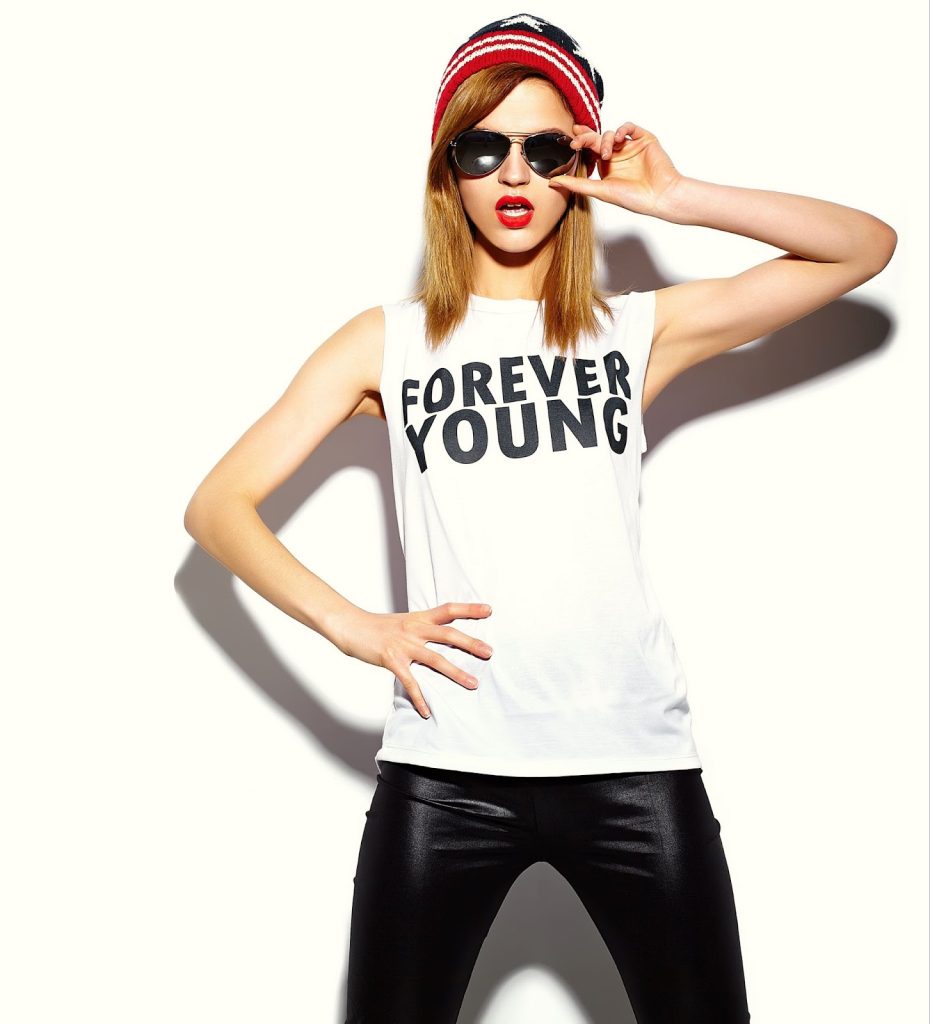
9. Athleisure Chic
Boost your athleisure game with tank tops that seamlessly blend style and performance. Opt for sleek, minimalist designs with moisture-wicking fabrics, strategic ventilation, and reflective details for a sporty yet fashion-forward look.

10. Personalised Statements
Make a statement with custom-printed tank tops featuring slogans, quotes, or mantras that reflect your values and beliefs. Whether you’re spreading positivity, raising awareness, or making a bold statement, personalised tank tops let you express yourself with confidence.

Conclusion
So,
The term “wife-beater” for a tank top originated from the association with a brutish image of a man wearing a sleeveless undershirt, implying violence towards women. This stereotype was perpetuated by the media and film industry. Real-life instances further reinforced this perception, eventually leading to its depiction on screen, even by heroic characters. Despite its contentious origins, the tank top has become a staple in modern fashion, embraced by both men and women alike.
The versatility of tank tops extends beyond their basic function, offering ample space for creative custom printing ideas to express individual style and personality. Their lightweight and breathable fabric also ensures optimal comfort, making them ideal for various activities and occasions.
Recommended read:

